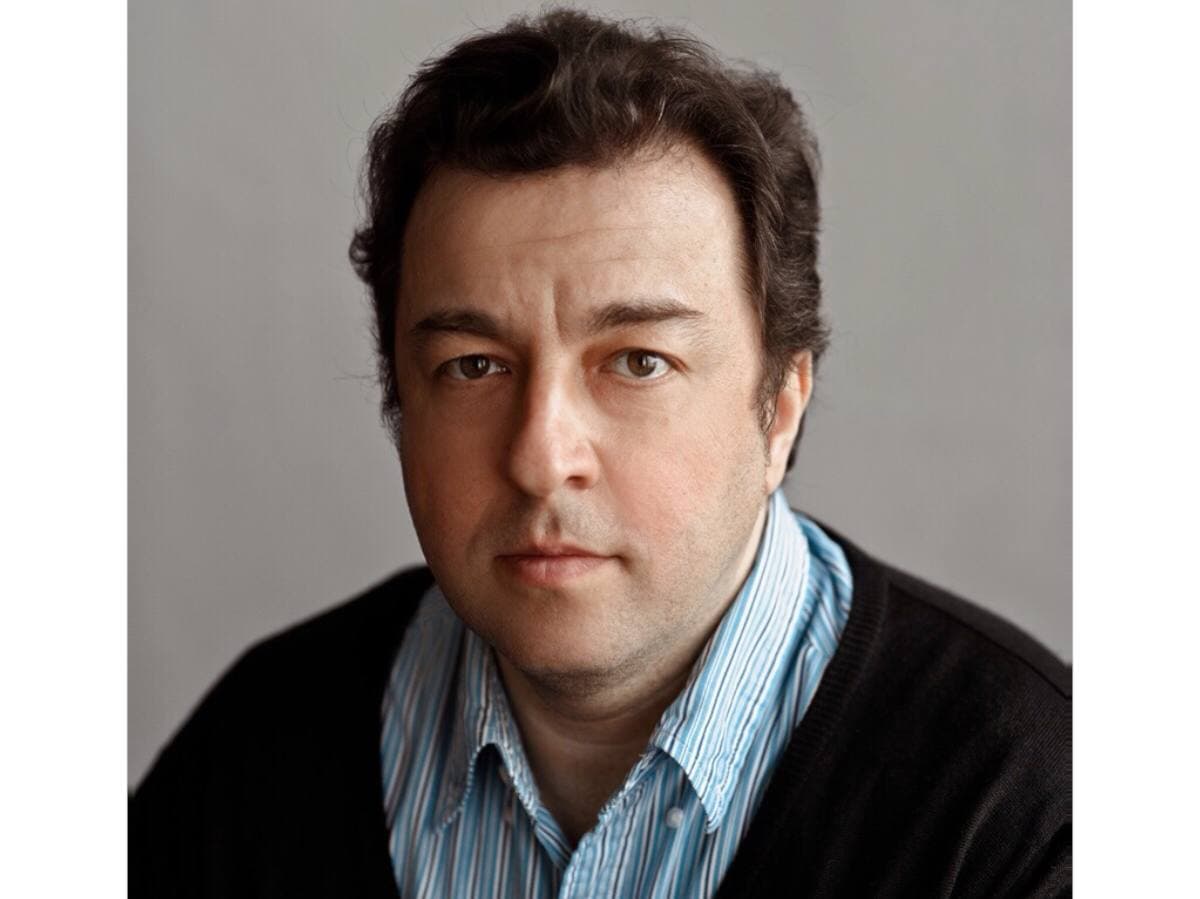Dmitry Poletaev, Director of the Migration Studies Center , talks about migrants’ attitude towards their health
Dmitry Polеtaev, Director of the Migration Studies Center and a leading scientific fellow at the Institute for National Economic Forecasts of the Russian Academy of Sciences, is a coauthor of several studies dedicated to migrants and healthcare. According to Dmitry, it is women who have the hardest time in a foreign land; among other issues, migration affects their reproductive health.
- In general, our studies show that migrants seek medical care during pregnancy. The citizens of Kyrgyzstan may obtain an national health insurance with the condition of legal employment, as this country is a member of the Eurasian Economic Union (EEU). But not all migrants have an employment contract, as it is the employer who has the upper hand in these issues. Most often, women seek national health insurance when pregnant. They look for any legal job, regardless of the payment, to be able to obtain medical insurance and visit a prenatal clinic. If a woman has not been following-up in such a clinic, she will have to give birth in the infectious diseases department of the maternity hospital.
- The 2000s were especially difficult: women had to work at markets in freezing cold, and this affected their health badly. Even now they live in complicated conditions, eat poorly, and it is important for them to be able to go to a prenatal clinic at least during pregnancy. Migrants from Kyrgyzstan usually use this opportunity, but women from other countries depend on their economic abilities. This is a serious problem, which will negatively affect next generation.
Dmitry Poletaev says that in the USSR, it was not habitual to follow-up one’s health status and undergo regular check-ups; migrants from ex-Soviet countries are not an exception.
- Unfortunately, our people do not value their health at the same level as Europeans do. Migrants receive treatment when they go to home countries. A migrant does not pay attention to a temporary pain, and their best health consultants are pharmacists or acquaintances who understand medicine, if any.
The expert accentuates that migrants do not have time to think about their health. When completing surveys, they choose an answer about seeking medical care only in case of acute necessity, which means when their condition becomes intolerable.
- In the past, migrants visited public polyclinics and sought an opportunity to pay the doctor directly. Currently, there are video cameras in the clinics, the medical personnel are under observation. For this reason, migrants go to commercial departments. Also, they need help quickly as they have to work and do not have time for waiting in queues. There is almost no systematic follow-up, only in case of chronic diseases and if a person has money. Thus, the healthcare situation is generally poor for migrants.
Depending on linguistic capabilities and other factors, a migrant goes to a “migrant” clinic or a “Russian” clinic, says the expert. If a person needs urgent help, he or she goes wherever is closer. If they do not speak Russian, a “migrant” clinic is the best choice.
- It should be noted that healthcare means not only time which migrants do not have, but also money which they neither have. In case of serious diseases, migrants tend to leave Russia. They stay only if they have a temporary or permanent residence.
Dmitry Poletaev also focuses on the topic of HIV and tuberculosis. As studies show, Kyrgyzstan citizens have most difficulties with the diagnostics of these infections in recent years. Being EEU citizens, they do not need work permit (so-called patent) and thus do not undergo a check-up including HIV, tuberculosis, and hepatitis C virus infection. In general, migrants from Central Asia have an increased risk of HIV infection due to tabooing of sexual education in home countries as well as overcrowded living.
Ekaterina Ivashchenko
This article was prepared with the support of Oxfam in the Russian Federation
